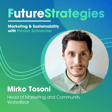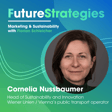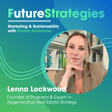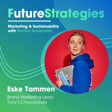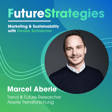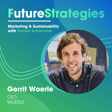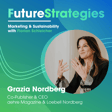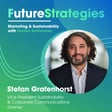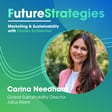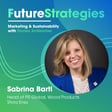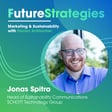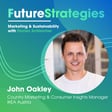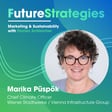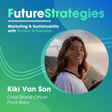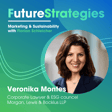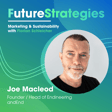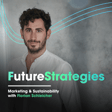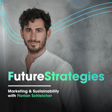
🪻 Growth with Responsibility - Lars Zirpins from Weleda about their soulbrand
Lars Zirpins is the Chief Marketing Officer from Weleda, a renowned sustainability pioneer brand in natural cosmetics and pharmaceuticals. The product portfolio of Weleda includes around 1000 medicines and 120 natural cosmetics, available in over 50 countries.
In his role Lars focuses on driving global brand initiatives ensuring that Weleda continues to be a force for good in the industry. Lars brings a passion for sustainable and holistic approaches that fit perfectly with Weleda's philosophy.
About the FutureStrategies podcast and your host:
I’m Florian Schleicher, a marketing strategist. I help brands gain clarity, spark momentum, and turn strategy into something that actually moves people. In 2022, I started my marketing studio FUTURESTRATEGIES. to do exactly that. I currently work with corporate clients from 11 countries.
If you want more, check out my FutureStrategies newsletter – weekly inspiration on marketing, strategy and sustainability.
And if something’s blocking your brand from doing its best work, let’s talk.
